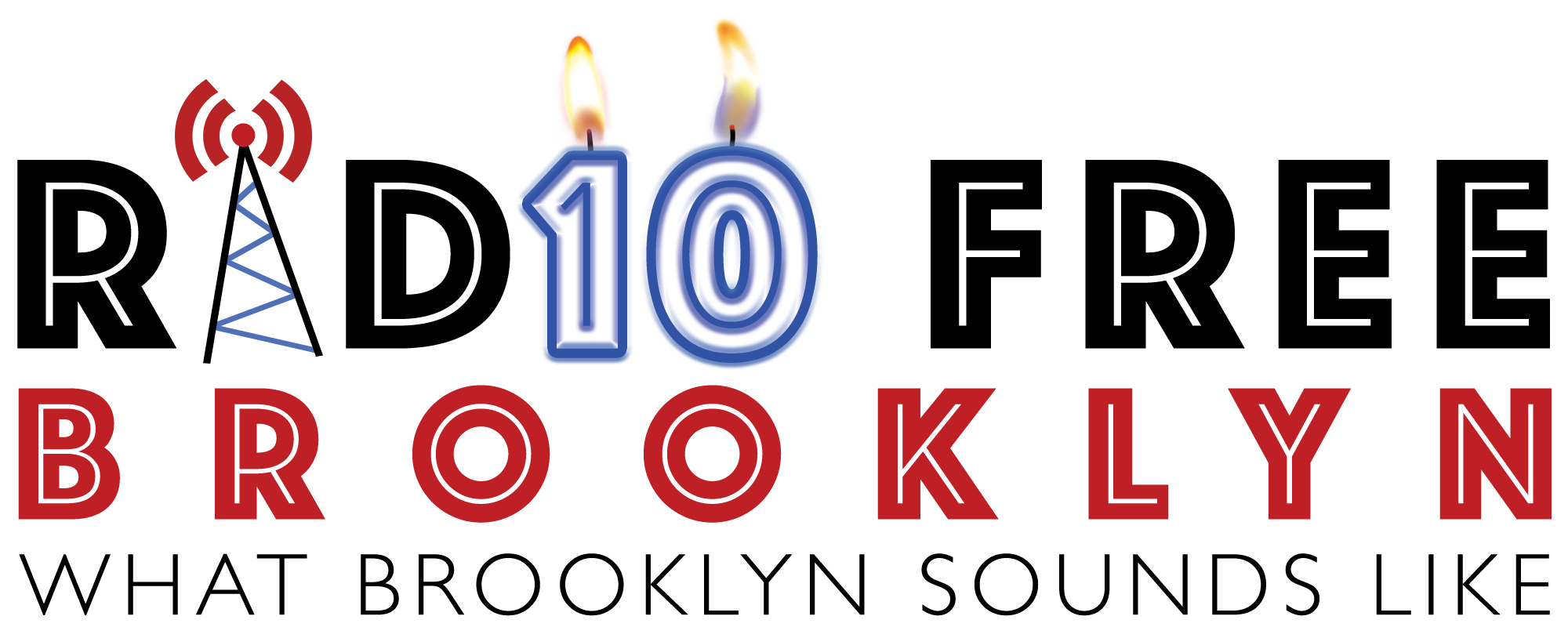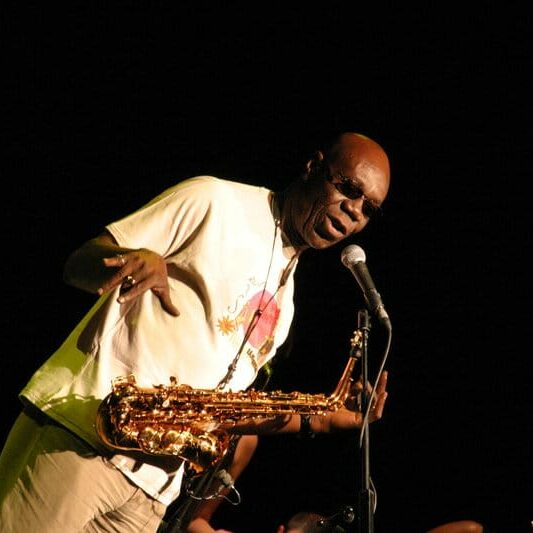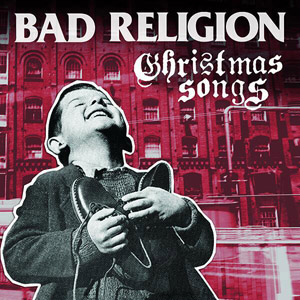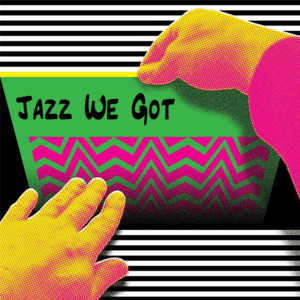by Kent Koren
Unfortunately for the world, we lost Cameroonian saxophonist, vibraphonist and prolific songwriter Emmanuel N’Djoké (Manu) Dibango early this spring (March 24, 2020) from COVID-19 at the age of 86. He developed a unique and distinct musical style fusing jazz, funk, and traditional Cameroonian music, and was best known for the splash he made in the U.S. — and globally — with his 1972 hit “Soul Makossa.” “Makossa,” which means “(I) dance,” in the Cameroonian language Duala, was the title track of his album Soul Makossa, which was nominated for two Grammy Awards in 1974, in the categories Best R&B Instrumental Performance and Best Instrumental Composition.
In 1982, when Michael Jackson’s landmark Thriller album was released, its opening song, “Wanna Be Startin’ Somethin’,” owed a bit to Dibango: Its hook, “Ma ma-se/ma ma-sa/ma ma-kossa,” was a definite lift from “Soul Makossa.” At the 00:04 second mark in “Soul Makossa,” Dibango’s voice sounds like it’s resonating from the Earth’s core. It later makes its way up through the mantle and warms your soul in time for the sticky riff at “Somethin’s” 00:17 mark. But Jackson isn’t the only artist to sample “Soul Makossa.” Big names like Jennifer Lopez, Jay-Z, Kanye West and A Tribe Called Quest are just a few that have also referenced the song. The difference between those stars and the King of Pop is that they received permission before doing so. Jackson and Dibango did eventually settle out of court.
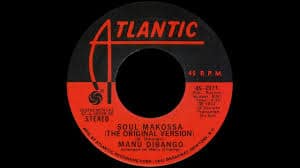
Our ears (and dancing feet) have Brooklyn DJDavid Mancusoto thank for walking into a West Indian record store in 1972, and purchasing an album with “Soul Makossa” on it. The track would later spread to WBLS, which at the time was New York City’s most popular Black radio station. Originally a B-side, the song made Dibango a name in the 70s disco scene and he would go on to record with other prominent artists such as Fela Kuti, Bernie Worrell, Herbie Hancock, Ladysmith Black Mambazo and Sly and Robbie, to name a few.
If you’re looking for a deep catalog of instrumental funk with rich African overtones, you don’t have to look any further than Dibango’s. But don’t be intimidated by his catalog’s size. When in doubt, start with African Voodoo (1972) and Manu 76 (1976). African Voodoo kicks off with a track called “Groovy Flute,” a song that is just what its title promises. The relentless percussion throughout the album sweeps you away until you catch your breath with the multiple tempo and Latin jazz feel of “Iron Wood.” Now that your ears are warmed up, Manu 76 will make want to get drenched with the sweltering sun south of the equator with tracks like “Bokilo’ Boogie.”
Dibango’s next most-well-known song could be“Big Blow” off of Afrovision (1976). Ride those horns all the way to the fourth track and highlight on the song “Bayam Sell’am,” which sounds like a follow up to “Soul Makossa.” By the end of the 70s Dibango’s work just got groovier and quicker in tempo, which was evident in a bass-heavy song called “Sun Explosion” off of the album Home Made (1979). The 80s made for a slower sound, but never void of soul, as evident in the live album he recorded from his hometown of Douala, called Deliverance (1983). As you continue to explore Dibango’s catalog, you’ll also find his work on loads of compilations, such as Afro Soul Machine (2011). He was also appointed a UNESCO Artist for Peace in 2004.
There are way too many albums to dissect from Dibango’s repertoire in an article of this size, but be sure, if you like his sound, you will never run out of new music to unveil. From the years 1969 to 2014, Dibango released more than 50 albums. That’s nearly two months of a different album each day for you to get inundated with. An artist like Manu Dibango will never be replaced or ever replicated. With a body of work as powerful as he was on the saxophone, it doesn’t feel like his soul is going anywhere, ever. And his influence on music and musicians also lives on.
Kent Koren is the host of RFB’s The Mothers of Connection (Saturdays at 9:00 am), and is also the proud father of newborn Charlie.

